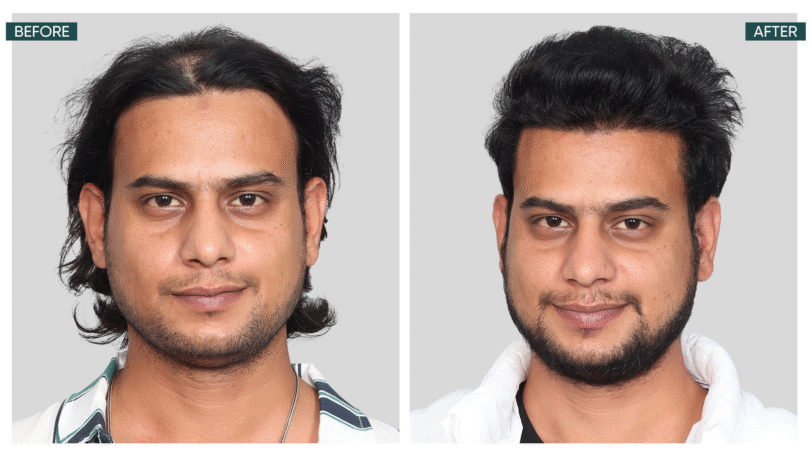Hair thinning or baldness can feel overwhelming. With hair restoration techniques becoming increasingly popular, hair transplant in India is now among the most sought-after cosmetic procedures worldwide. But before you book your slot, let’s step back and explore the important things you must know.
Why Choose a Hair Transplant?
Hair loss is not just a cosmetic issue; it affects confidence, self-image, and sometimes even professional and social interactions. The most common reason is androgenetic alopecia (male or female pattern hair loss), though scarring and trauma can also lead to baldness. A hair transplant in India offers a permanent solution by redistributing your own natural hair from the donor area (usually the back of the scalp) to thinning or bald areas. Done correctly, the results are so natural that nobody can tell you’ve had surgery; your hair grows, looks, and feels just like the rest.
Who Is an Ideal Candidate?
Not everyone experiencing hair loss is immediately suitable for a transplant. You may be a
good candidate if:
- You have stable hair loss (progressive loss should first be medically managed).
- Your donor area (usually the back of the scalp) has adequate healthy follicles.
- You are in good overall health without uncontrolled conditions like diabetes or bleeding disorders.
- You have realistic expectations; transplants restore density, but they cannot recreate the thick head of hair you had as a teenager.
What Results Can You Expect?
A hair transplant can create natural-looking, permanent results when performed by a qualified surgeon. Here’s what to keep in mind:
Growth timeline: Transplanted hair typically sheds in the first month (“shock loss”) and starts regrowing around 3–4 months. Visible results appear after 9–12 months.
Density: While results are fuller, perfection is rare. The goal is a natural look that frames your face and restores confidence.
Permanence: The transplanted hair is generally permanent since it’s resistant to hormonal balding.
Possible Side Effects: Know Before You Commit
While modern techniques are safe, some temporary side effects may occur:
- Mild swelling or redness for a few days.
- Scabbing or itching at graft sites.
- Shock loss (temporary shedding) around the transplant zone.
- Numbness or tingling that usually settles within weeks.
Serious complications are rare but may include infection or scarring if not done under sterile, professional care.
Key Considerations Before Taking the Leap
- Cost
The cost of hair transplant in India varies widely depending on:
- Number of grafts required.
- Technique (FUT vs. FUE vs. advanced robotic methods).
- Clinic location and surgeon’s expertise.
Always weigh value over cost; choosing the cheapest option can compromise long-term results.
- Recovery
Most patients return to work in 2–5 days. You’ll need to:
• Sleep with head elevation for a few nights.
• Avoid heavy exercise for 1–2 weeks.
• Follow gentle scalp care instructions.
- Long-Term Maintenance
Hair transplantation addresses bald areas, but hair loss can still progress in untreated zones. Many patients require:
- Medications like minoxidil or finasteride to slow further loss.
- Lifestyle modifications (nutrition, stress management).
- Possible second session years later if thinning continues.
Final Thoughts
A hair transplant can be life-changing when done correctly, but it isn’t a one-size-fits-all solution. The “best doctor for hair transplant in India” is not the one with flashy ads, but the one who takes time to evaluate your condition, explains realistic outcomes, and prioritizes safety.
Bottom line: Do your homework, manage expectations, and remember that your hair restoration journey is a marathon, not a sprint.
Consult a qualified hair transplant specialist to understand your options before making the leap.


